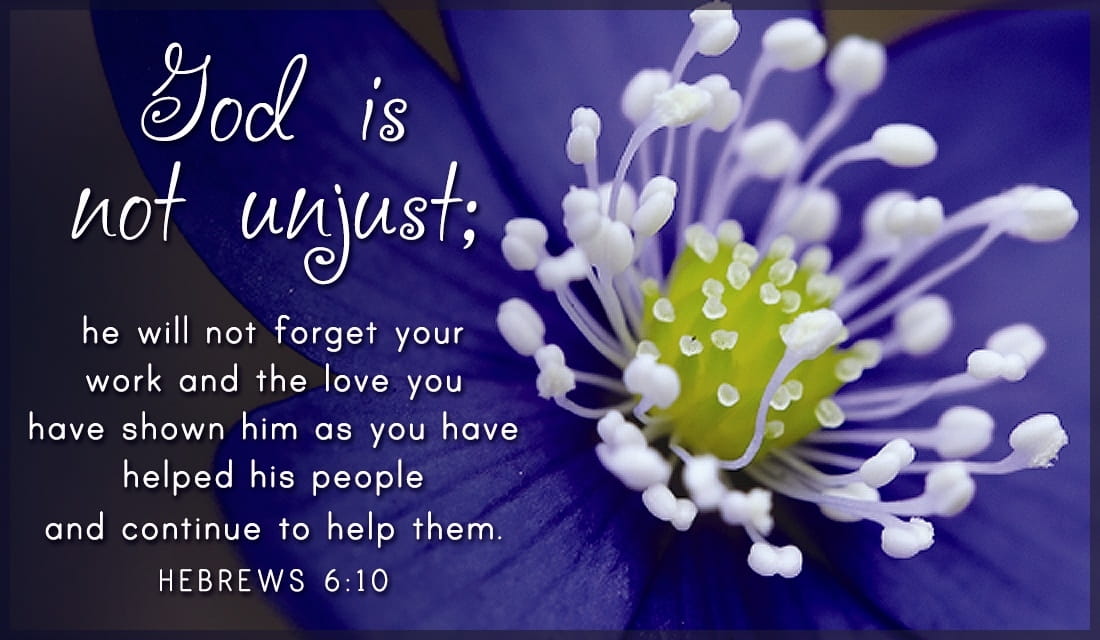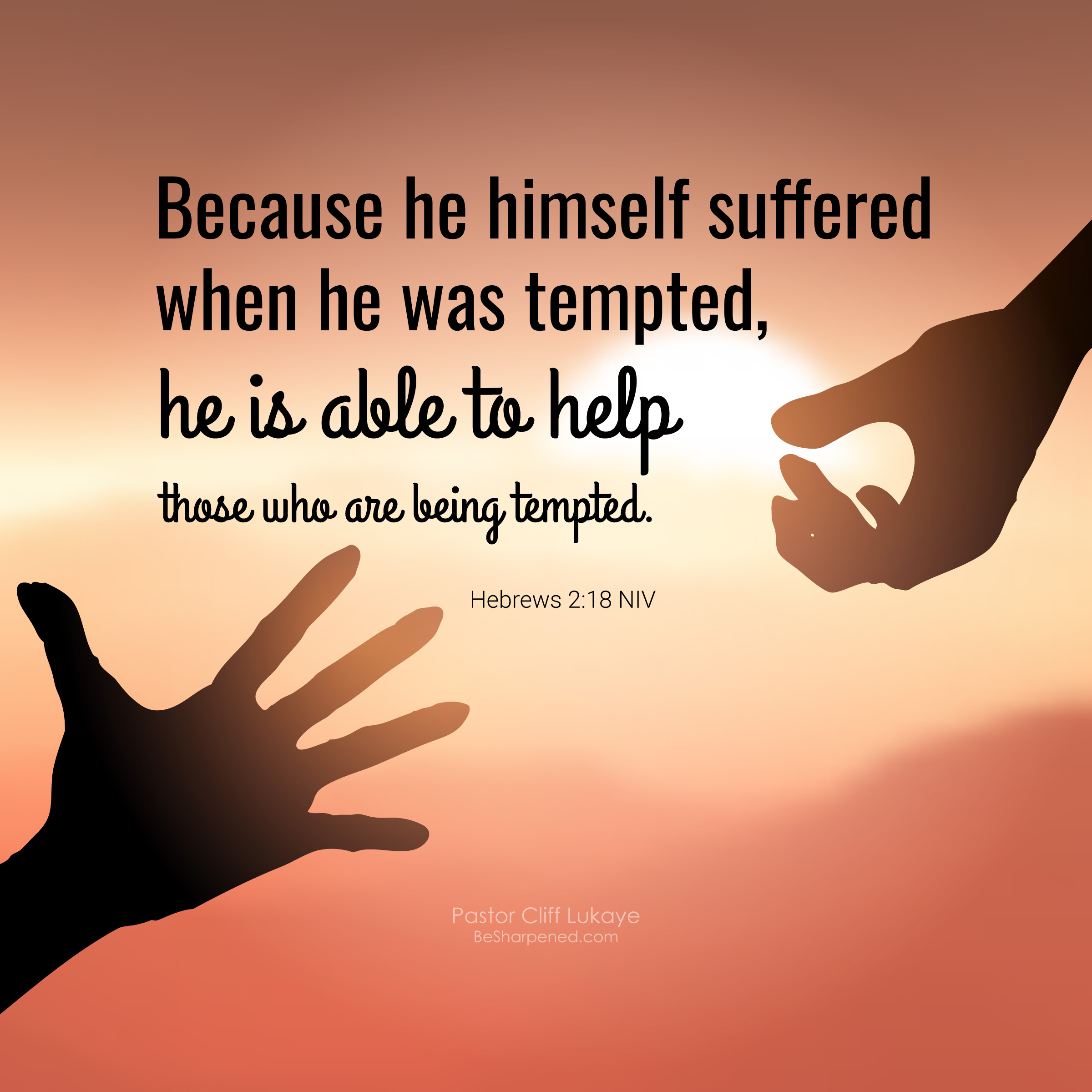
SUNDAY, SECOND WEEK IN ORDINARY TIME
Is 62:1-5 Ps 96:1-3,7-10 1 Cor 12:4-11 Jn 2:1-11
TURN TO GOD
God is our eternal companion and ever-present Immanuel. To truly embrace this reality, we must seek Him, turning to Him in every season of life. Our lives are inevitably woven with threads of challenge and uncertainty. No one is exempt from the storms that life brings. These trials, like shadows, follow us wherever we go. Yet, we are not destined to be consumed by them. Instead, we are called to navigate these turbulent waters with courage and faith. Seeking solace in counseling, spiritual guidance, and most importantly, in prayer can provide the strength and clarity we need. Prayer is not merely a passive act; it is an active engagement with the Divine. By pouring out our hearts to God, we invite Him to work within us and through us. With His grace as our compass, we can journey through life’s challenges with hope and confidence.
In the first reading, God’s unwavering love for His people shines through as He pledges protection and salvation. The promise of redemption rings clear: “No more shall people call you ‘Forsaken’…” The imagery of bride and bridegroom evokes the depth of God’s love and commitment. It paints a picture of a profound, intimate relationship between the Divine and humanity. This powerful metaphor underscores the lengths to which God will go to nurture and sustain His people.
In the second reading, St. Paul illuminates God’s boundless generosity, bestowing upon us a diverse array of gifts and talents. These gifts are not merely for personal adornment, but are intended to equip us for service and to bear abundant fruit. We are called to rise to the occasion, to step out of our comfort zones, and to actively participate in the life of the Church and the world. It is imperative that we recognize and appreciate the unique gifts of others, fostering an environment of collaboration and mutual support. By working together in harmony, we can create a vibrant and dynamic community. Yet, underlying all our endeavors is the steadfast love of God, who unfailingly provides for our every need.
In today’s Gospel, we witness Mary’s faith and trust in action. At the wedding feast in Cana, she recognized a need and turned to Jesus. Her simple request sparked a miraculous transformation, turning water into wine. This event symbolizes the abundance of joy and grace that God pours out upon us when we turn to Him in faith. Life’s uncertainties can often cast a shadow over our hearts. However, by turning to God, we can dispel darkness and embrace the light of His love. When we entrust our worries and anxieties to Him, we experience a profound sense of peace and joy. Just as the wedding guests rejoiced at the miraculous wine, so too can we find joy in the midst of our challenges. As Christians, we are called to be people of joy, radiating the love and hope of Christ. Through His death and resurrection, He has conquered sin and death, offering us eternal life. By turning to God in every circumstance, we can experience the fullness of life and find true happiness.
St. Teresa of Avila often spoke of God’s providential care. She exemplified this trust in a remarkable incident. When the community faced a severe shortage of food, the sister in charge was understandably distressed. However, Saint Teresa, with unwavering faith, assured her, “Don’t worry, God will provide.” She instructed the sister to ring the bell as usual, signaling the time for the meal. As the community gathered in the refectory, they found empty tables. Yet, Teresa began the grace, her faith undeterred. Just as the prayer concluded, the doorbell rang. A visitor arrived, bearing a bountiful supply of food that would sustain the community for the entire week. This miraculous event underscored the power of turning to God in times of need. In the Lord’s Prayer, we petition, “Give us this day our daily bread.” This simple request encapsulates our reliance on God’s provision for our material and spiritual needs. It is a reminder to turn to Him each day, acknowledging our dependence on His grace. Let us strive to cultivate a deeper relationship with God, turning to Him in every circumstance. By doing so, we open ourselves to the countless blessings He has in store for us.
Response: Tell among all the peoples the wonders of the Lord.
Copyright ©2025 ©Springs of Living Water http://springs.carmelmedia.in




![OLD AND NEW [Mark 2:18-22] – Today's Gospel Reading in the Mass | A CHRISTIAN PILGRIMAGE](https://achristianpilgrim.wordpress.com/wp-content/uploads/2017/01/wineskins.jpg)






